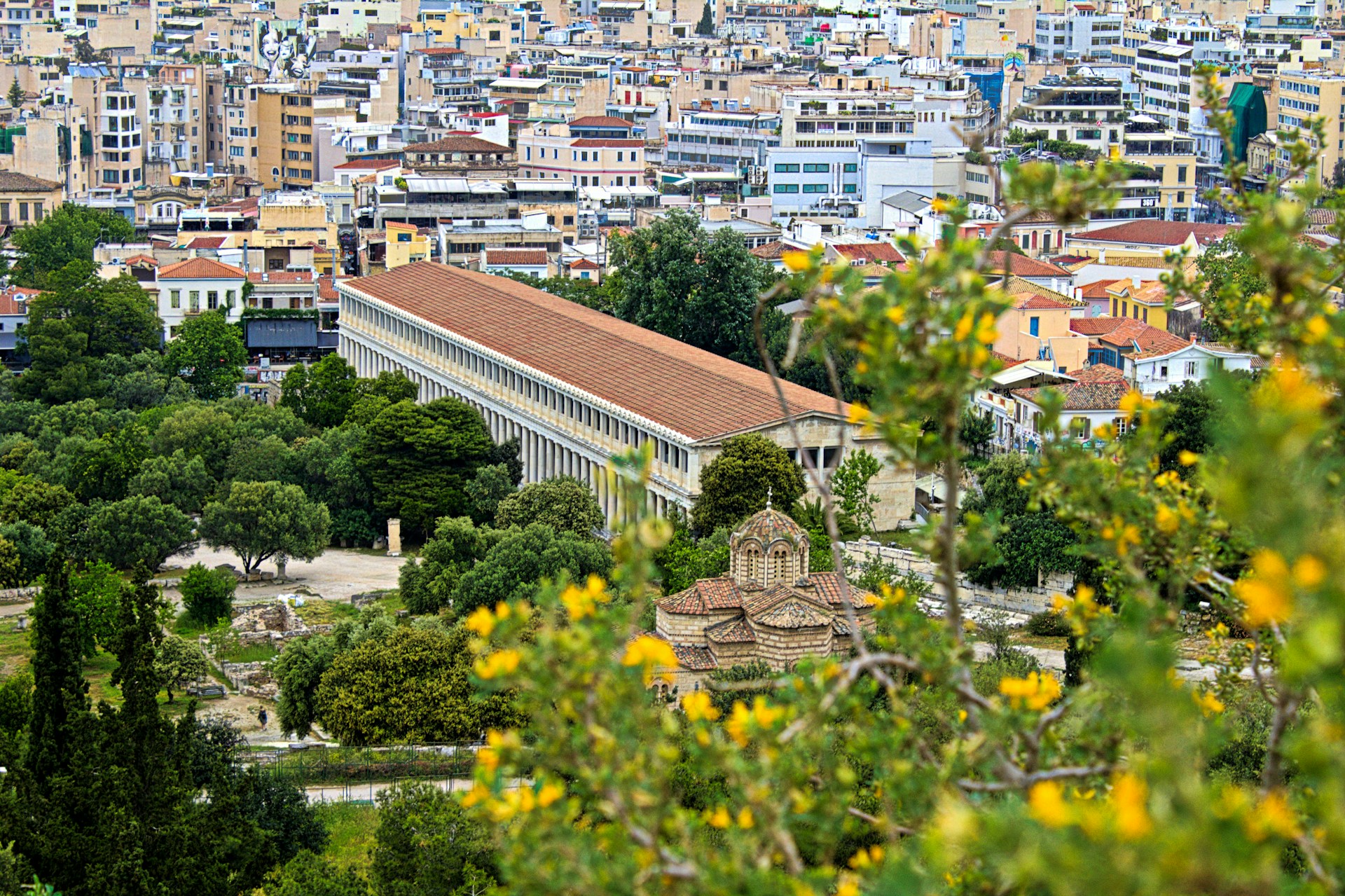Building Smart and Green Cities
Cities, as engines of growth, are crucial to the economic transformation of nations. They serve as dynamic hubs of economic growth, social interaction, and cultural enrichment. They bring together diverse populations, fostering connections, creativity, and innovation. Despite their resource consumption and environmental impact, cities can enhance sustainability by integrating green infrastructure and blue spaces, improving air quality, biodiversity, and residents’ wellbeing.
India is home to several bustling cities that contribute significantly to the nation’s GDP, with Mumbai standing out as the wealthiest among them. Known as the “Finance Capital of India,” Mumbai hosts the Bombay Stock Exchange and serves as the headquarters for Reliance Industries, India’s top-rated company by market capitalization. In June 2024, Reliance Industries became the first Indian company to surpass the INR 21 lakh crore (US$250.26 billion) market cap milestone.
Athens, the capital and largest city of Greece, is home to over 3 million residents. With a history spanning more than 3,000 years, it is one of the world’s oldest cities. Due to its strategic location, Athens has become a major economic hub in Southeastern Europe, boasting a robust financial sector. Its port, Piraeus, is the largest passenger port in Europe and the second largest globally.
Athens will also be the venue for the Horasis India Meeting, scheduled for September 15-16, 2024. Co-hosted by the Hellenic-Indian Chamber of Commerce and Economy and the Confederation of Indian Industry, this event will gather senior business leaders from India, Greece, and around the world to discuss and promote cooperation, impact investing, and sustainable growth.
Key Challenges Facing Cities in India and Greece
Urbanization is presenting a host of challenges for India. It is the sheer speed and size of urban population that puts a significant stress on its infrastructure and urban systems. By 2030, more than half of India’s population is expected to reside in urban areas, putting immense pressure on infrastructure and public utilities such as housing, sanitation, transportation, electricity, water, healthcare, and education.
Delhi, the capital city, exemplifies these challenges. Its population has surged from 19 million in 2007 to 33 million in 2024. This rapid growth has led to overcrowding and intense competition for basic amenities like electricity, water, housing, and sanitation. However, there is a Master Plan aimed at remaking the city with a focus on environmental sustainability awaiting approval.
Unemployment is another significant issue. As of June 2024, India’s unemployment rate reached 9.2%, the highest since 2008. The urban unemployment rate also increased from 8.6% to 8.9% during the same period. This rise in unemployment negatively impacts the economy by reducing consumer spending, which in turn affects the country’s growth and productivity.
A study conducted in Kolkata has revealed that increased urban activity and the reduction of green areas and wetlands have significantly worsened air quality and raised land surface temperatures in the city. Poor environmental quality has been linked to premature death, cancer, and long-term damage to the respiratory and cardiovascular systems.
Similarly, Athens, the economic hub of Greece, faces comparable challenges. The city’s complex governance structure, with its various sub-regions and municipalities, complicates the delivery of public utilities such as transport, tourism, and environmental services. Additionally, there is a cultural resistance to adopting more sustainable public transport, as most residents prefer to use their cars over public transportation. Athens also suffers from a lack of green and open spaces, contributing to the urban heat island effect. Furthermore, the shortage of affordable housing deters young people from living and working in the city.
Fostering Smart and Green Urbanization through Partnerships
Urban spaces of the future must draw lessons from past cities. India can benefit from forming alliances with international organizations like the United Nations, World Bank, and the EU to access funding, technical expertise, and best practices in smart and sustainable urbanization.
Six Greek cities – Athens, Ioannina, Kalamata, Kozani, Thessaloniki, and Trikala – have been selected to participate in the EU Mission for 100 climate-neutral and smart cities by 2030. This mission aims to involve local authorities, citizens, businesses, investors, and regional and national authorities in developing plans to make these cities climate-neutral and smart by 2030 – 20 years ahead of the European Green Deal’s climate neutrality goal.
India also plans to invest INR 8,000 crore (US$953.41 million) in developing new urban cities. These new cities will help alleviate the pressure on existing large and overcrowded cities and explore sustainable urbanization models that can be replicated to address many challenges facing current cities.
The journey towards building smart and green cities is challenging but presents immense opportunities for both India and Greece. By learning from each other’s experiences and leveraging their respective strengths, the two nations can create urban environments that are not only engines of economic growth but also models of sustainability and resilience.
Photo Caption: An aerial view of Athens. Photo by Walter Martin on Unsplash.



